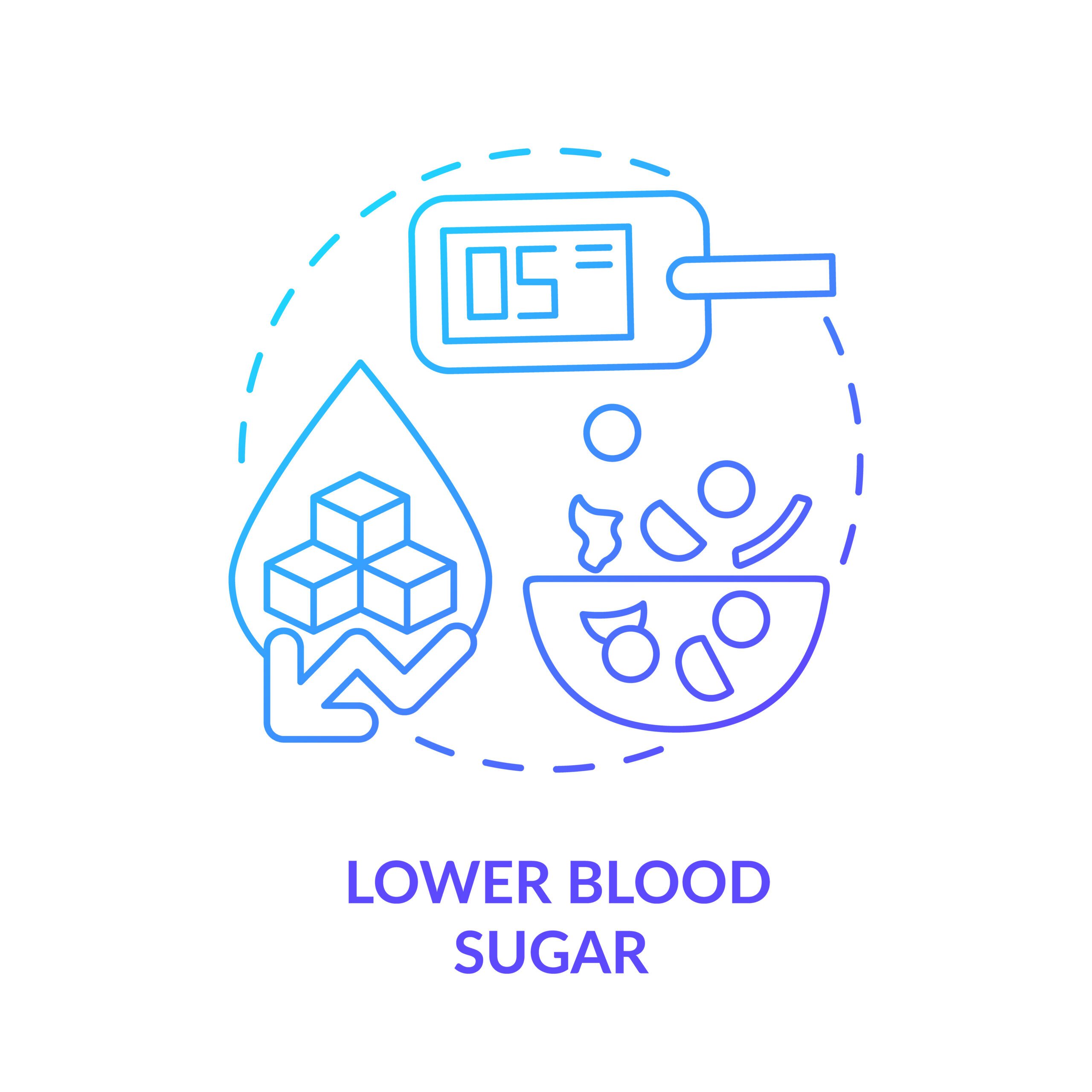Some Useful Vitamins That Lower Blood Sugar
August 9, 2017
 822
822 
Certain vitamins and minerals have been found beneficial in lowering blood sugar and thus useful in the treatment of diabetes.
Vitamin B complex – Vitamins of the B group are valuable in the treatment of diabetes. Despite and adequate intake of these vitamins, diabetics often have abnormally small amounts of vitamin B in their blood because of high urinary loss of exhibit symptoms of vitamin B deficiency. Marked clinical improvement has been reported in patients of diabetes with only 16000 units of daily supplements of vitamin B complex. Because these vitamins help reduce blood fat and cholesterol, they should be generously supplied at all times.
Thiamine or Vitamin B1 – Of the various vitamins of the B group, thiamine or vitamin B1 and pyridoxine or vitamin B6 is of special value in diabetes. Diabetic diet inadequate in vitamin B1, often leads to the development of neuritis, which is relieved as soon as large amounts of this vitamin are given. Vitamin B1 is said to be particularly valuable in preventing damage to the brain during diabetic acidosis. The greater the insulin requirement, the higher is the requirement for vitamin B1, pantothenic acid or vitamin B5 and biotin or vitamin B8.
The primary natural vegetable sources of thiamine are wheat germ, brewer’s yeast, the outer layers of rice, wheat and other whole grain cereals, pulses, nuts, peas, lime, legumes, dark green leafy vegetables, banana and apple. Those of pantothenic acid are wheat germ, whole grain bread, green vegetables and peanuts. Biotin is found in brewer’s yeast, rice bran, rice germ, rice polishing and peanut butter.
Pyridoxine or Vitamin B6 – When diet is inadequate in vitamin B6 or pyridoxine, and essential amino acid tryptophan, is converted into a substance known as xanthurenic acid. It has been shown in laboratory experiments that xanthurenic acid tends to damage the pancreatic tissue.
Diabetics who have been given 50 mg of vitamin B6 daily have shown a rapid and marked decrease in urinary xanthurenic acid. In one case, the quantity dropped almost 97 percent the first day. Total absence of urinary xanthurenic acid amongst those who continued with a daily dosage of 10 to 20 mg of this vitamin indicated that none was being formed in the body. Diabetics are thus greatly helped by a liberal intake of vitamin B6. The main natural sources of pyridoxine are milk, brewer’s yeast, cereals, legumes, green leafy vegetables and carrot.

A new study suggests that a widely used sugar substitute found in diet sodas, chewing gum, and low-sugar yogurt may elevate insulin levels. This could increase the long-term risk of heart disease. “Artificial sweeteners have infiltrated nearly all types of food, making it crucial to understand their long-term health effects,” said Yihai Cao, senior author […]

Diet Coke has long been a fan-favorite among soda lovers who want a fizzy, guilt-free alternative to traditional soft drinks. While its zero-calorie, zero-sugar label makes it seem like a healthier option, the reality is far more concerning. Despite its undeniable popularity, Diet Coke’s nutritional profile has raised red flags among health experts for years. […]

New study shows that embracing an anti-inflammatory, plant-forward diet can support cognitive function and help reduce the risk of dementia. What You Eat Shapes Your Brain The food you eat doesn’t just impact your body—it also affects your brain. Research suggests that eating an anti-inflammatory, plant-based diet can help improve memory, focus, and overall brain […]